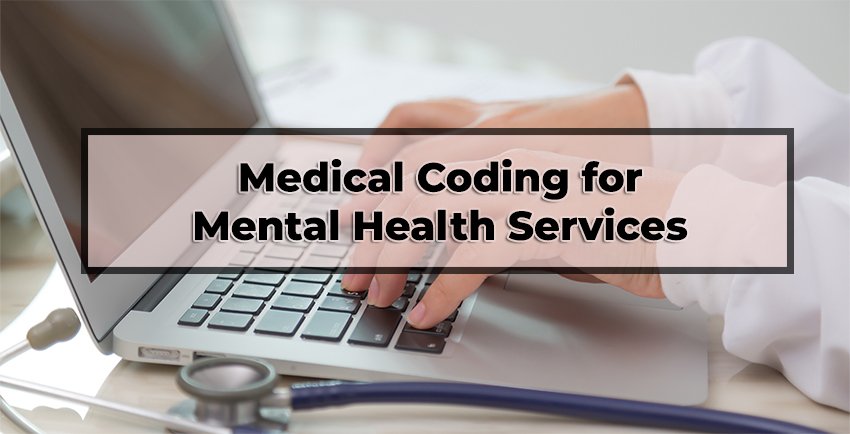Medical Coding for Mental Health Services
The coding of mental health services is an intricate process that involves accurately translating psychiatric evaluations, therapy sessions, and other mental health interventions into standardized codes. The practice goes beyond basic documentation, requiring a clear understanding of how different sessions, durations, and treatments must be captured. Coders utilize coding systems such as CPT (Current Procedural Terminology) for procedures, ICD-10-CM for diagnoses, and HCPCS for specific supplies and telehealth services.

Capturing the Scope of Mental Health Services
Mental health care is broad and requires capturing a range of interventions that vary significantly in purpose, duration, and complexity:
- Psychiatric Diagnostic and Evaluation Services: These evaluations serve as the foundation of mental health care, providing initial assessments of the patient's mental health status. Each evaluation is coded to indicate its complexity, with distinctions based on whether it includes medical services (like medication prescription). For instance, CPT code 90791 is used for evaluations without medical services, while 90792 is for those with medical components.
- Varied Therapy Modalities: Therapy sessions form a significant portion of mental health services. Each type of therapy, whether individual, group, family, or couples therapy, is represented by different CPT codes. Sessions are coded based on the time spent and therapeutic focus. For example, 90834 denotes a 45-minute individual therapy session, whereas 90847 represents family psychotherapy with the patient present.
- Medication and Care Management: Unlike other specialties, mental health coding often overlaps with medication management. For psychiatric providers involved in managing prescriptions, Evaluation and Management (E/M) codes are combined with the therapy codes to reflect the dual nature of the visit. This aspect of coding is critical for ensuring that the medical management aspect of mental health care is appropriately reimbursed.
Evolving Nature of Mental Health Services
In recent years, mental health care delivery has evolved, leading to emerging coding considerations:
- Telehealth and Remote Services: With the rise in telehealth for mental health services, coders must ensure correct documentation and coding for remote sessions. Codes for telehealth services require modifiers (e.g., -95 for telehealth services via real-time interactive audio and video), and each session must be accurately labeled to distinguish it from in-person visits.
- Complex and Comorbid Diagnoses: Mental health conditions rarely exist in isolation. Often, mental health services involve treating patients with complex or co-occurring conditions, such as substance abuse disorders paired with mood disorders. Coders must be adept at using ICD-10-CM codes to fully represent the patient's diagnoses, capturing the multifaceted nature of their care.
Emphasis on Documentation and Payer Guidelines
Documentation is pivotal in mental health coding, given the nuanced nature of mental health care. Detailed clinical notes that include the treatment provided, duration, and specific goals or outcomes are vital for accurate coding. Coders must align documentation with the correct CPT codes to ensure compliance with billing rules and payer policies.
When coding for mental health, coders must navigate varying payer policies. Coverage for mental health services can differ significantly based on insurance plans, especially in the context of therapy session limits, telehealth rules, and pre-authorization requirements. Staying updated on these policies is crucial for accurate claims submission and ensuring providers receive full reimbursement.
Coding Challenges Unique to Mental Health
Unlike other medical fields, mental health coding can present challenges like:
- Time-Based Coding Complexity: The duration of each therapy session plays a significant role in code selection. Coders must accurately track the time spent in each session to apply the appropriate CPT code, and sessions spanning different timeframes must be distinctly identified.
- Navigating Scope of Practice for Providers: Different mental health professionals, such as therapists, counselors, psychologists, and psychiatrists, may provide similar services but have different coding rules based on their scope of practice. Coders need to differentiate between providers to ensure compliance.
Mental health coding demands a keen eye for detail and a comprehensive understanding of how to represent complex services in a structured format. From coding evaluations and diverse therapy sessions to managing telehealth visits and medication management, mental health coders play a critical role in facilitating accurate billing and thorough documentation. As mental health care continues to evolve, staying informed about coding changes and payer-specific rules will be vital for both efficient practice operations and patient care.

